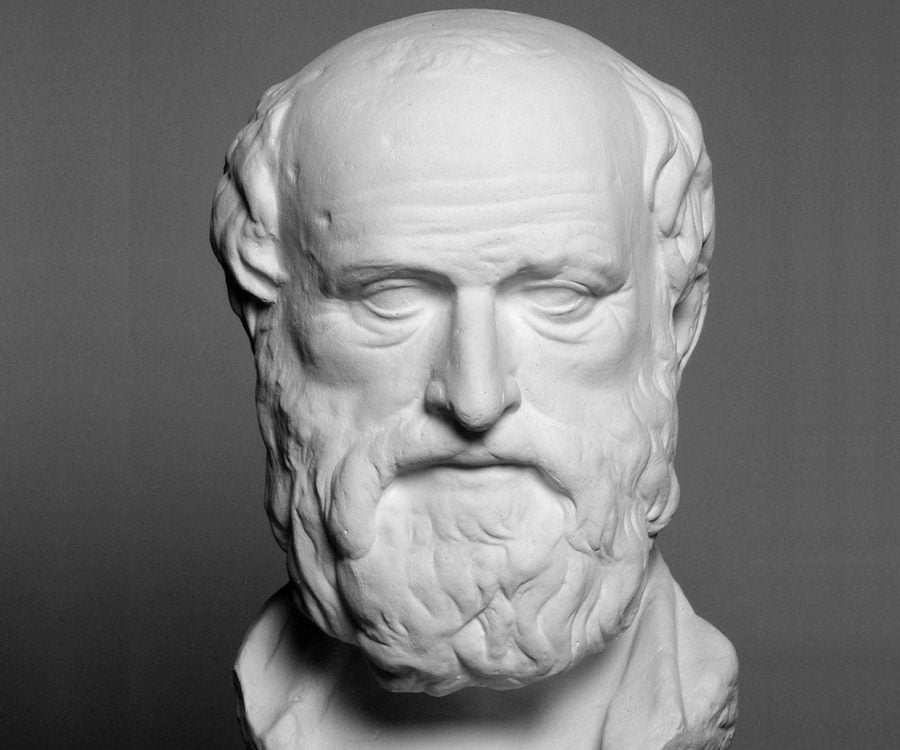"geo" - earth
"graphor" - mapping/graph
Geography is divided into two main branches:
- Human geography
- Physical geography
Human Geography
Human geography is concerned with the distribution and networks of people and cultures on Earth’s surface. Human geographers also study how people use and alter their environments. Finally, human geographers study how political, social, and economic systems are organized across geographical space. These include governments, religious organizations, and trade partnerships. The boundaries of these groups constantly change.
Physical Geography
The natural environment is the primary concern of physical geographers, although many physical geographers also look at how humans have altered natural systems. Physical geographers study Earth’s seasons, climate, atmosphere, soil, streams, landforms, and oceans.
Eratosthenes
"Father of Geography"
A Greek Scholar that is first to use the word geography and had a small-scale notion of the planet that led him to be able to determine the circumference of the earth.

No comments:
Post a Comment